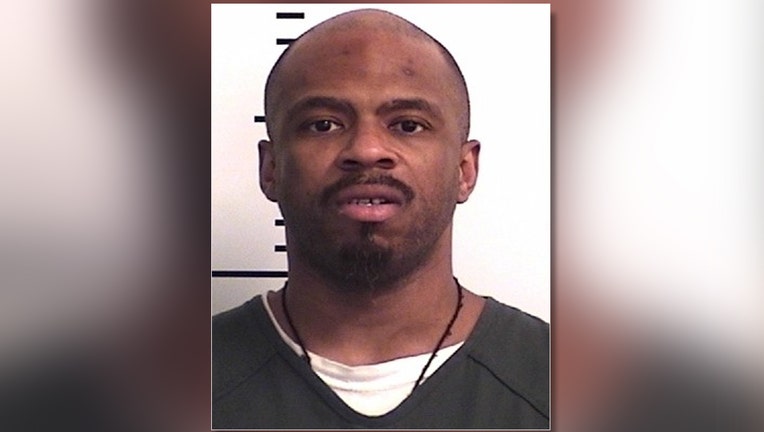Man paroled over coronavirus concerns charged in murder

Courtesy: Colorado Department of Corrections
DENVER, Colo. - A parolee suspected of killing a woman in Denver had been released from prison three weeks before the slaying because of concerns over the coronavirus.
Cornelius Haney, 40, was released April 15 under powers granted to the Colorado Department of Corrections by Gov. Jared Polis, according to The Denver Post.
Police arrested Haney on Monday in the fatal shooting of 21-year-old Heather Perry in an alley in east Denver on May 9. He had been eligible for parole since March 2017 and had a mandatory release date of Aug. 22.
“Nobody should be released simply because of COVID-19,” Polis said during a news conference Friday. “Of course the parole board is making the individual evaluations, and that’s a tough job that they do. They couldn’t have held that person much longer than they did.”
Annie Skinner, a spokeswoman for the corrections department, said Haney was released under “special needs parole criteria.”
Corrections staff review inmates’ medical histories, information about their crimes and their behavior in prison when deciding whether to recommend someone to the parole board for consideration, Skinner said.
Haney pleaded guilty in 2016 to robbery and was sentenced to seven years in prison, according to court records. He is being held without bond on charges of felony murder, second-degree murder, theft, drug possession, second-degree kidnapping and possession of a gun by a previous offender.
According to online jail records, Haney is being represented by deputy public defender Victoria Eidsmo. A telephone message to the state public defenders office in Denver after business hours on Friday wasn't immediately returned. By policy, state public defenders do not comment on cases.
Polis signed an executive order March 25 giving the Department of Corrections more flexibility to manage the number of people incarcerated. Under the order, the department can grant early release to inmates through three methods: placing those who are at higher risk of dying from the virus on special needs parole, immediately paroling those close to their eligibility date and increasing earned time so inmates can reach release dates sooner.
The department did not say what condition led to Haney’s consideration for special needs parole.
Dean Williams, executive director of the Department of Corrections, previously told The Denver Post that hundreds of inmates are eligible for parole under Polis' order. Williams said he hoped to release at least 500 people and that temporarily halting intake from county jails would also help lower the population.
The vacancy rate in Colorado's prison system has grown to 11% as of Thursday, up from 1% in early April, according to department statistics.

